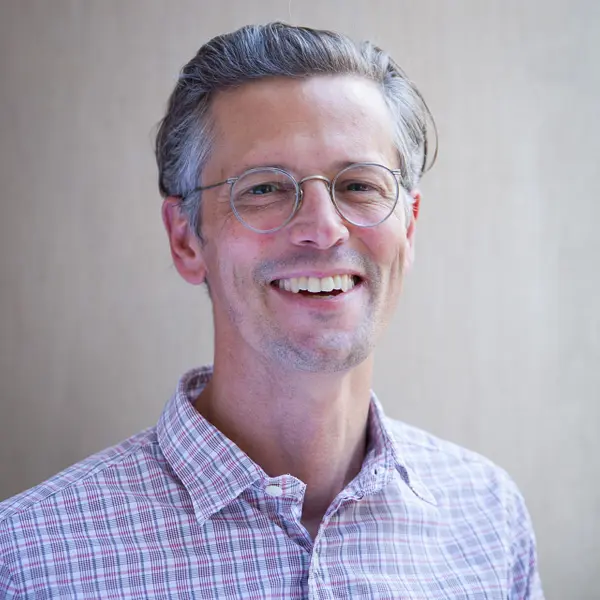Law School Students to Argue Before Jury of AI Programs in Mock Trial
October 17, 2025Unprecedented simulation examines whether artificial intelligence could reduce bias in criminal justice
Unprecedented simulation examines whether artificial intelligence could reduce bias in criminal justice
Three artificial intelligence programs will decide the fate of a fictional defendant when the University of North Carolina School of Law presents “The Trial of Henry Justus” during Converge-Con, UNC-Chapel Hill’s AI Festival on Oct. 24 at 10:00 a.m.in the Graham Kenan Courtroom. The event will also be available on live stream.

In what organizers describe as one of the first simulations of its kind, law students will present a complete criminal trial before a jury composed of ChatGPT, Grok and Anthropic. The unscripted courtroom drama imagines a 2036 legal system where AI jurors replace humans to minimize bias and cognitive errors in criminal proceedings.
The fictional case involves Henry Justus, an African American high school senior charged with robbery, tried under an imaginary AI Criminal Justice Act of 2035. Real verdicts from the three AI models will be revealed live to participants and audience members.
Joseph Kennedy, Willie Person Mangum Distinguished Professor of Law, designed the simulation and will serve as judge. Kennedy said the trial is intended to spark dialogue about the proper role of artificial intelligence in the justice system.
“This exercise highlights critical issues of accuracy, efficiency, bias, and legitimacy raised by such use,” Kennedy said.Second-year law students Annabelle Rice and Colleen Malley will argue as prosecutor and public defender, while classmates Enzo Wolfe and Jalen Saunders portray the victim and defendant. All student attorneys are members of the School’s Trial Team.

The technology enabling AI programs to process live testimony, legal arguments, and jury instructions was developed by Rolando Rodriguez, humanities data librarian at UNC-Chapel Hill. Rodriguez will join a post-trial panel alongside Eisha Jain, Henry P. Brandis Distinguished Professor of Law, and Matthew Kotzen, professor and chair of the philosophy department at UNC-Chapel Hill.
The simulation raises fundamental questions about whether emerging technology offers a path toward fairer criminal justice or poses new risks to defendants and the legal system.
The concept for Converge-Con 2025 originated with Scott Geier, assistant professor at the Hussman School of Journalism and Media. He partnered with Kennedy to visualize what a criminal trial could look like in the future.



